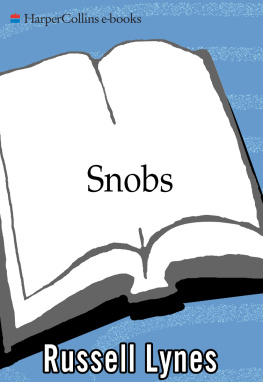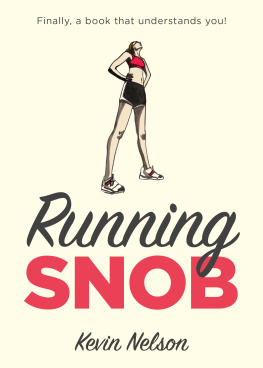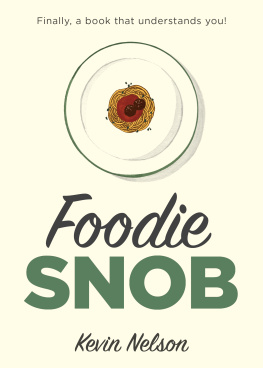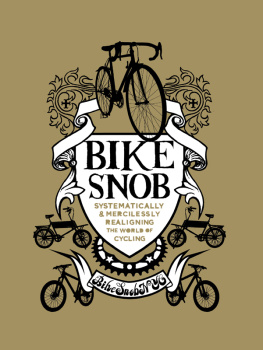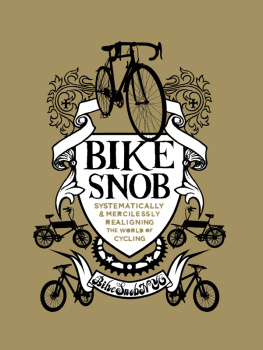Joseph Epstein
The mechanics of snobbery are simple enough: a snob seeks ways to establish his superiority over his fellow human beings. He sees it as one of his main tasks in life to make it known that he is, for reasons he should be only too pleased to supply, better than you or me. Snobs come in two main kinds: downward-looking, who feel themselves well established and enjoy looking down on others, and upward-looking, who yearn to elevate their position in life so that they also might look down on others. Snobs of both kinds can be amusing to watch, at least from the middle distance, but are less than pleasing to be with. As the Jews of Russia used to say of the Tsar, so one tends to think of a snob: he should live and be well, but not too close to me.
Snobbery, being part of human nature, does not change. Snobberies, however, are subject to fashion and therefore change frequently. The largest change in snobbery over the past fifty years in Americawhich means that it occurred since Russell Lynes wrote his bookis that having to do with lineage, or ancestry. Until the late 1960s, with its head-on attack on all things establishmentarian, much snobbery flowed from what used to be thought of as WASP culture. WASP stands for White Anglo-Saxon Protestant, but that isnt the tenth of it. The true WASP was Eastern seaboard, possibly at the outside a Virginian, who attended a small number of okay Ivy League schools, banked and invested at certain exclusive institutions, used a small number of white-shoe law firms, and tended to marry strictly his or her own kind. The WASP was the American version of the English aristocrat, and like his British counterpart, he or she was the figure from whom all major snobberies flowed.
Once the primacy of the American WASP was over, snobbery itself went, of all things, democratic, which means that we are all snobs now. Suddenly Catholics, Jews, African-Americans, and other ethnic groups, all of whom previously felt they didnt quite have a seat at the main table in American life, came to take a deep pridesome might say an almost snobbish pridein their difference from what was once thought to be mainstream culture. So completely had the tables turned that suddenly the WASPs were the only group in America about whom everyone was free to take critical shots.
Russell Lynes is not a grand theorist of snobberyhe does not, for example, write at any length of the psychology of the snobbut its American taxonomist. His book is devoted to delineating the major categories of snobbery and then describing the multiple forms that snobbery has taken in American life, including what he calls the Anti-Snob Snob, also known as the Reverse Snob, or the person who finds snobbery so distasteful that he or she is extremely snobbish about nearly everybody since nearly everybody is a snob about something.
Almost every instance of snobbery that Lynes described more than half a century ago is still in business today. But then, as every subject has its politics, so does every subject have its potential snobbery. Behind much contemporary snobbery is an element of self-congratulation. This is most notable when politics and snobbery combine in the character known as the virtucrat: the person whose snobbery, a variant of Lyness category of the Moral Snob, derives from his certainty that his virtue is greater than yours because, or so he believes, he cares more about social injustice or global warming or fighting AIDS than you or, really, just about anyone else.
Russell Lynes chose not to be a Snobographer, or biographer of snobs, a subject on which vast tomes could be written. Few are the proper names mentioned in Snobs , and fewer still the anecdotes told about snobs. My own favorite anecdote in this line has to do with the publisher Alfred A. Knopf, who was an earnest wine snob. When Alfreds brother invited him to dinner at his home, the brother took great care to select a costly bottle of wine. After properly decanting the wine at just the right temperature, allowing it to breath for precisely the right amount of time, he poured Alfred a glass and awaited his verdict. Since none was forthcoming, he asked, The wine, Alfred, how do you find the wine? Oh, replied Alfred Knopf, served in these glasses, how can I possibly tell?
Russell Lynes ends his book by suggesting that, in one matter or another, we are all snobs, including those of us who have written books about snobbery, and he is, of course, right. Nothing for it but to admit to our snobberies upfront, at least to ourselves; do what we can to conquer them; and get on with life as graciously as we can.
T HERE was a time not long ago when a snob was a snob and as easy to recognize as a cock pheasant. In the days when Ward McAllister was the arbiter of Newport society and when there were precisely four hundred souls in New York worth knowing and only nobodies lived west of the Alleghenies, snobbishness was a nice clean-cut business that made careers for otherwise unoccupied women and gave purpose to otherwise barren lives. In those days the social order was stratified as tidily as the terracing of an Italian garden, and a man could take his snobs or leave them. But now the social snob, while not extinct, has gone underground (except for professionals such as headwaiters and metropolitan hotel roomclerks), and snobbery has emerged in a whole new set of guises, for it is as indigenous to mans nature as ambition and a great deal easier to exercise.

The Social Snob has gone underground (except for professionals such as headwaiters and roomclerks) .
Snobbery has assumed so many guises, in fact, that it is, I believe, time that someone attempt to impose order on what is at best a confused situation. There are a few basic categories of snobs that seem to include most of the more common species that one is likely to encounter, or, indeed, to be. None of these categories is new; there have always been, I presume, snobs of many types, but now that the preeminence of the social variety has been submerged in a wave of political and economic egalitarianism, and now that we find ourselves in an era in which the social scientists believe that it is somehow good for us to be ticketed and classified, let us sort out the most common practitioners of the sneer.
The Intellectual Snob is of such distinguished lineage and comes from such established precedent that he is dignified by a mention in Websters (one who repels the advances of those whom he regards as his inferiors, as, an intellectual snob). The other categories are less well known and less well documented. For convenience, let us call them: the Regional Snobs, the Moral Snobs, the Sensual Snobs, the Emotional Snobs, the Taste Snobs, the Occupational Snobs, the Political Snobs, and finally the Reverse Snobs or Anti-Snob Snobs. Before we examine these, we should be aware that economic and social boundaries, while they may occasionally serve as guide ropes, are on the whole unimportant in considering the various forms of condescension and the various attitudes of superiority that distinguish the true snob from the merely vain man, woman, or child.
Snobbishness, as we will use the word, implies both an upward and a downward movementa scramble upward to emulate or outdo those whose position excels ones own, and a look downward on (or sometimes straight through) those less happily endowed than oneself. The true snob never rests; there is always a higher goal to attain, and there are, by the same token, always more and more people to look down upon. The snob is almost by definition insecure in his social (in the larger sense) relationships, and resorts to snobbishness as a means of massaging his ego. Since scarcely anyone is so secure that his ego does not sometimes need a certain amount of external manipulation, there is scarcely anyone who isnt a snob of some sort. As a matter of fact, the gods of the Greeks and the Romans were frightful snobs, morally, physically, and emotionally, and it is not uncommon for civilized peoples to worship snobbery. It is the Christian religion that promoted the virtue of humility for us, and of all the virtues it is the most difficult to come by. Let us not, then, be snobbish about snobsat least not yet.

